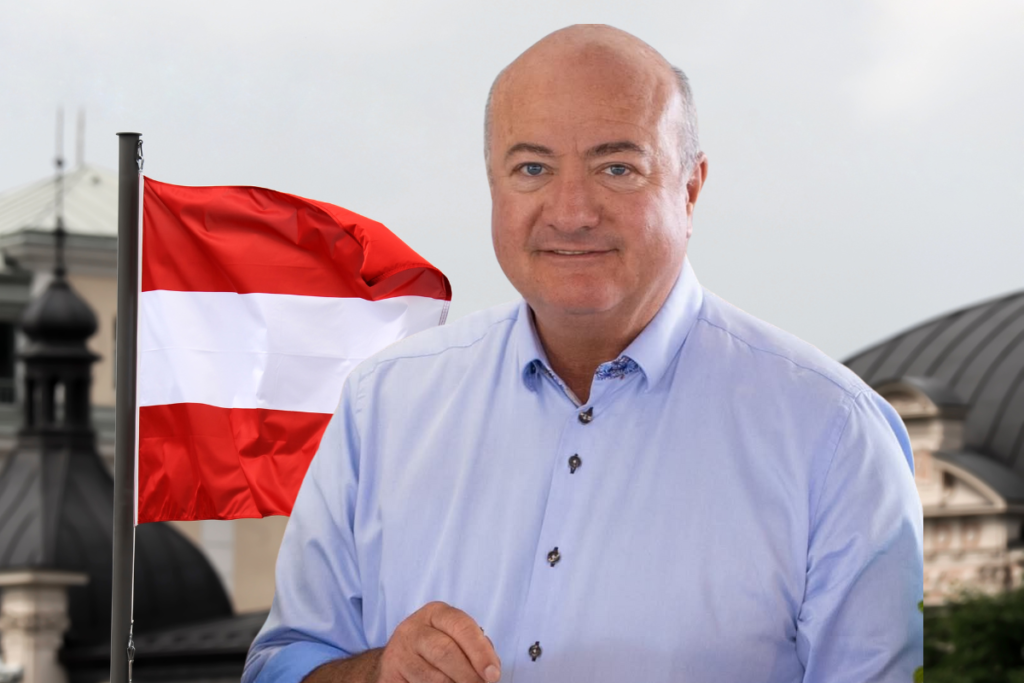Prime Minister Keir Starmer’s government has introduced a series of immigration reforms aimed at addressing public concerns over rising net migration. Central to these changes are two key policies: increasing the English language proficiency requirement for migrants and extending the residency period needed to apply for indefinite leave to remain from five to ten years. The government argues that these measures are necessary to ensure better integration and to maintain public confidence in the immigration system.
However, the reforms have sparked controversy across the political spectrum. Opposition parties have accused Labour of adopting unnecessarily harsh measures that echo long-standing Conservative positions. Human rights groups and migrant advocacy organizations have also criticized the changes, warning that they could disproportionately impact low-income migrants and vulnerable individuals, many of whom may struggle to meet the new language standards or endure extended periods of legal uncertainty.
Within the Labour Party itself, there is reported unease among some members who fear the policies conflict with the party’s values of social justice and inclusivity. Critics argue that the reforms may alienate communities that have traditionally supported Labour, particularly in multicultural urban centers. As immigration continues to be a sensitive and polarizing issue, these policy shifts could carry significant political consequences in the run-up to the 2026 general election.



